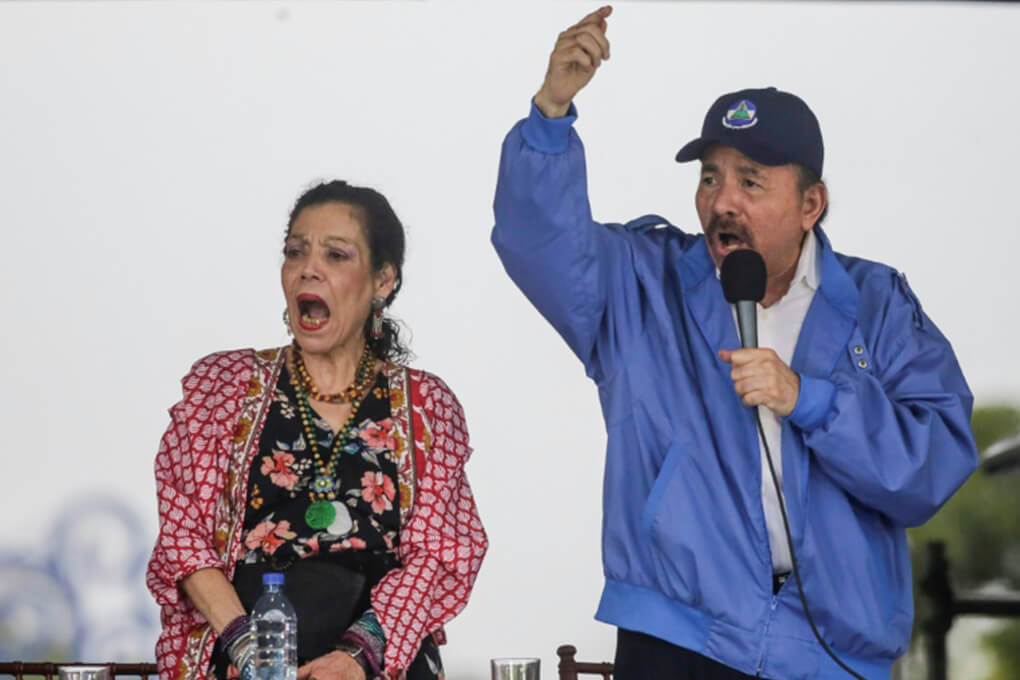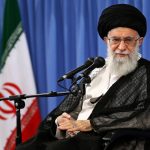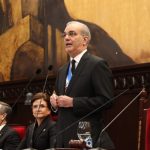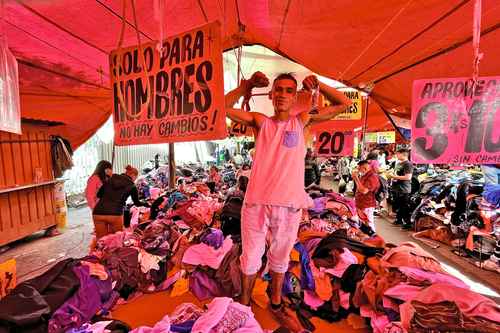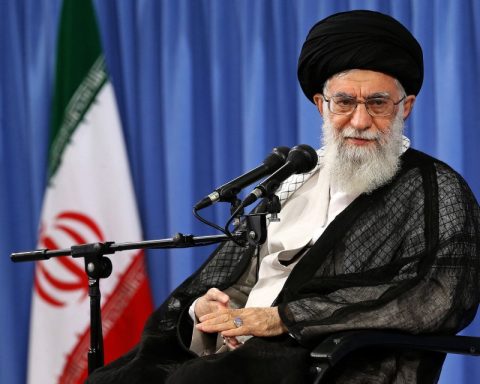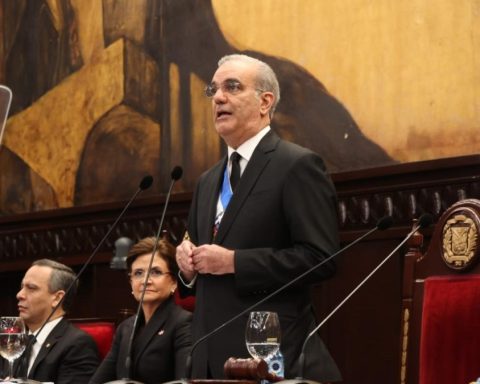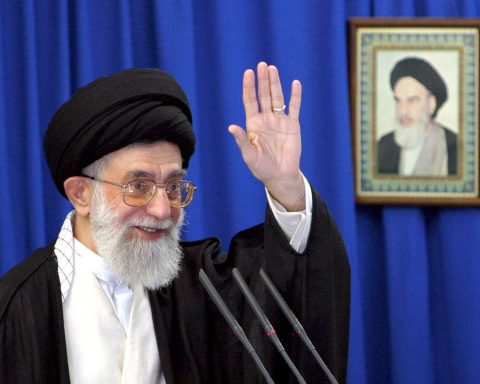The British magazine The Economist Intelligence Unit (EIU) pointed out in its recent report that the Nicaraguan regime led by Daniel Ortega has established “a one-party state” in the Central American country after it won the country’s 153 mayoralties.
In its economic forecast for 2023, EIU He stressed the “strict control that the Sandinista National Liberation Front (FSLN) will exercise over the political system in the coming years.” In addition, they regret that the dictatorship manages to consolidate absolute control over the institutions in favor of continuing to advance under its “dynastic authoritarian regime.”
Related news: Dictatorship takes over all the mayors’ offices in Nicaragua and clings more to power
This is the first time since the 1980s of the last century, also under the mandate of former Sandinista guerrilla Daniel Ortega, that all of Nicaragua’s mayoralties are governed by the FSLN, a party that controls the four powers of the State, the Nicaraguan Army and the National Police.
The magazine also recently reported that, with his wife Rosario Murillo in power, the FSLN seeks to maintain its elite line in which his children are involved. The report makes special mention of Laureano Ortega Murillo, who has “assumed more political responsibilities in recent years, possibly paving the way for dynastic succession.”
In total, there were 6,392 officials under the orders of the Ortega-Murillo regime who took office on January 10, including the 153 mayors, their deputy mayors, as well as the members of the municipal councils of the 153 municipalities of Nicaragua, according to the official information.
In its description of the country, The Economist expresses its concern that “Ortega’s increasingly authoritarian maneuvers will provoke an international reaction, but will not persuade him to change political course.”
On the other hand, the economic situation will continue to slow down in 2023 “as demand for exports weakens amid deteriorating global prospects. The economic relationship with China will grow in importance.”
“Growth will remain fairly subdued over the medium term, reflecting Nicaragua’s limited access to external financing, its poor business environment, and weak trust in the rule of law. Consequently, we expect real GDP growth to average 2% per year in 2023-27. There are significant upside and downside risks to the outlook, which depend on the degree of Chinese cooperation,” he adds.
Because of Ortega’s repression and authoritarian policies, they expect “multilaterals to reduce their debt disbursements and US foreign investment partners their exposure to Nicaragua, due to the latent risk of secondary sanctions.”
